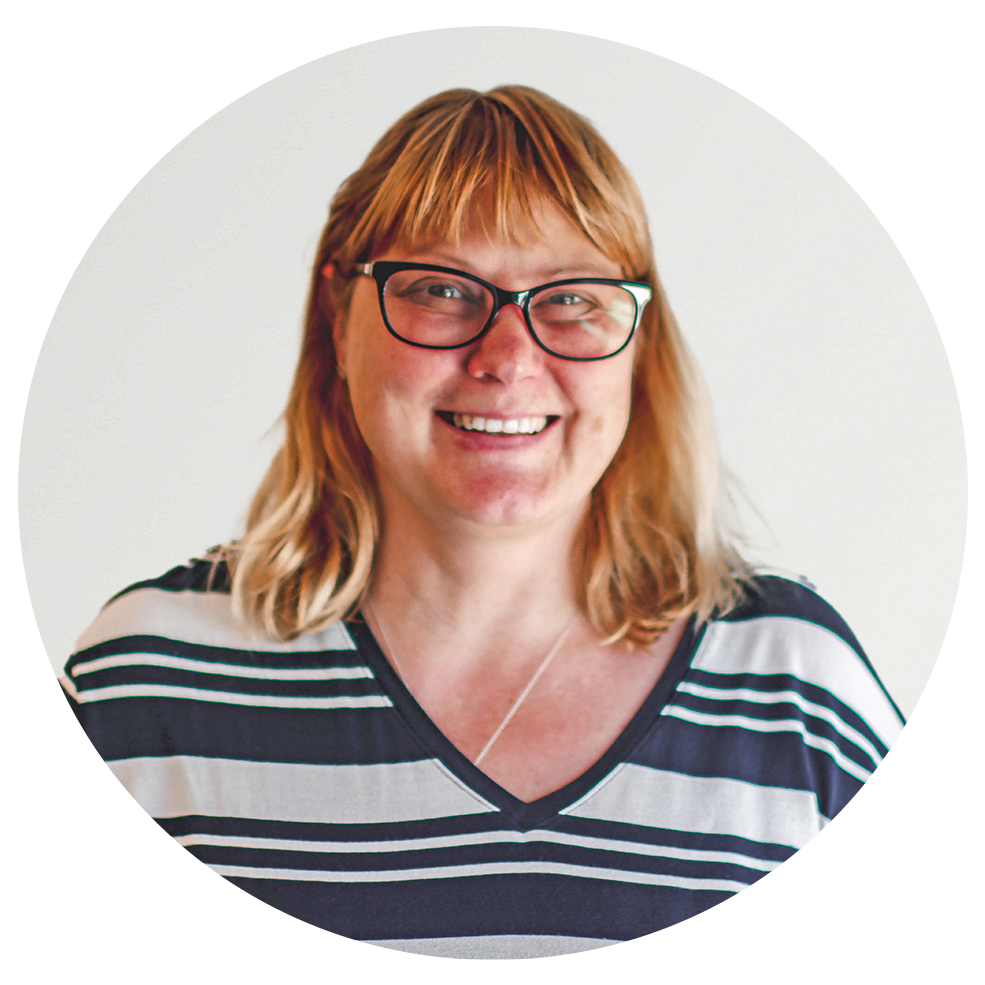Seating and Postural Management
This 6-session programme takes a detailed look at the issues related to assessing posture and applying interventions as part of a postural management programme. The course is accompanied by a workbook.
Webinar Parts

Pelvis and Spine
Pelvis and Spine

Postural Assessment
Postural Assessment

Analysis of Posture
Analysis of Posture

Management Solutions
Management Solutions

Case Studies
Case studies
Learning Outcomes
- Understand the importance of considering postural management with your clients
- Understand how the body is made of segments and how these help us understand a person’s posture
- Understand how posture affects loading through body segments and therefore pressure management
- Understand how forces act on body segments, and what forces we can use to minimise pressure injury and further postural deformity
- Know the anatomy of the pelvis, and how to identify important landmarks to aid your assessment
- Know how positions of the pelvis drive different presenting postures and spinal positions
- Know the different areas of the spine, and types of spinal positions which impact most on posture
- Know indicators to show if spinal positions are correctable or need accommodation, and how to achieve this in seating
- Be aware of what should be covered in a physical assessment of posture
- Develop an understanding of how to carry out a physical assessment in a variety of settings
- Be able to distinguish between fixed and correctable postural limitations and when to provide accommodation or correction
- Be aware of how to explore optimum positioning
- Be confident in making recommendations based on your findings from an assessment
- Be confident in knowing the required product features to support, accommodate and correct postural limitations
- Be able to apply the principles of posture management to a case and work through problem identification, assessment, recommendations, and clinical reasoning and justification for your recommendations
Meet our Experts

Jenny is a senior occupational therapist. She qualified in 1997 and completed her MSc in Neuro-rehabilitation in 2007. She has worked in Neurological Rehabilitation at the Battle Hospital in Reading, and the Rivermead Rehabilitation Centre in Oxford which became part of the Oxford Centre for Enablement in 2000. She moved into the Specialist Disability Service at the OCE from where she joined the Oxford MND Centre in January 2007.
Since August 2009 Jenny has been funded full-time by the Motor Neurone Disease (MND) Association to develop NHS wheelchair services across the UK, to improve wheelchair provision for people living with MND.
People who watched this also watched...
24-hour postural care and seating
A thought provoking exploration of postural care and seating, looking at how we can improve people’s quality and length of life by focusing on protection of body shape.
Pressure Ulcer Prevention - No thank you
On occasions, individuals may decline a suggested care intervention which may lead to increased risk and conflict with staff wishing to add in these interventions. This webinar explores why people may make decisions about their care that healthcare professionals find challenging. Why HCPs find these decisions challenging. What national guidance there is around this topic. What you can do when a person decides not to adhere to suggested care interventions.
AI in healthcare: Practical skills for the modern workplace
This webinar demystifies artificial intelligence for healthcare professionals who may feel overwhelmed or uncertain about AI's role in clinical practice. Moving beyond tech jargon and hype, we'll explore what AI actually is, how it works in healthcare contexts, and most importantly, how to use it safely and ethically in your daily practice.
Participants will learn practical applications for documentation, care planning, and clinical research synthesis, while addressing critical concerns about patient privacy, data security, and maintaining professional judgment. Through real-world examples from a physical therapy context, attendees will discover how AI can become a valuable thinking partner and help them reclaim time for patient care without compromising quality or ethics. The session incorporates recent ethical guidance from professional organisations to ensure responsible AI implementation.



